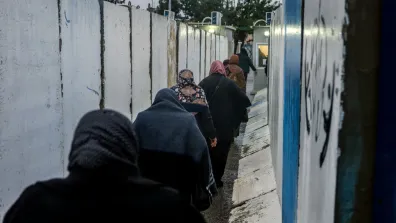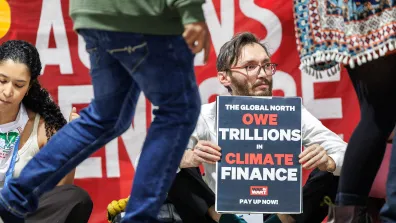Israeli embassy’s ‘take down’ tactics must not distract from the real issue
The investigation exposes employees of the Israeli government trying to influence UK government policies and positions on Israel, working actively to suppress criticism of Israel’s violations of international law through the military occupation.
It also shows how the Israeli embassy gave financial and other support to non-governmental organisations to manufacture ‘grassroots’ support for the Israeli state, and to attack and undermine groups and individuals who voice criticism of Israel’s policies. In one case highlighted, the Israeli embassy pointedly worked with officers in the National Union of Students to seed opposition to the democratically elected president, Malia Bouattia, because of her vocal support for justice for Palestinians. More stories like this will be revealed in further episodes in the coming days.
Here are a few thoughts on the topic to keep in mind as you watch:
1) The UK government should never make decisions driven by the opinions or pressure of any foreign embassy, including the Israeli embassy. The UK government should always shape policy and practices according to international law, motivated by protection of human rights and democracy. This is not a ‘recommendation’, it is an obligation. It’s up to us to hold our elected officials to account by lobbying them and campaigning to end UK complicity.
2) The investigation shows how Shai Masot, the (now former) Israeli diplomat in question, was working on an agenda set by the Israeli Ministry for Strategic Affairs, headed by Gilad Erdan. Erdan and his ministry made the the news a few months ago for starting the notorious anti-BDS task force, which invests tens of millions of pounds into targeting human rights activists involved in the BDS movement, trying to undermine our democratic rights and actions. Put simply, it’s responsible for ‘black ops’ carried out on foreign soil.
Boycott, Divestment and Sanctions (BDS) is a grassroots movement with the aim of pressuring governments and institutions around the world to end their complicity in Israel’s oppression of Palestinians. The Palestinian call for BDS has echoed powerfully around the world, with hundreds of thousands of people taking up the call, convincing their universities, trade unions, cultural and faith institutions to boycott and divest from companies complicit in Israel’s oppression of Palestinians.
Whether the UK government likes the BDS movement or not is irrelevant, what matters is that it must protect the rights of people in the UK to take action to hold our government and institutions accountable to international law (the EU and various states have already been explicit about the need to protect the rights of BDS activists). Protecting our rights includes taking the necessary steps to ensure that foreign governments and agencies are not spying on, threatening, defaming or interfering with activists or our elected officials. Instead, the UK government has been facilitating these ‘black ops’. This must end.
3) This story has real consequences for the work that we do and warrants our attention. But, it must not distract us from the real issue: Israel’s continued violations of Palestinian rights, and the UK government’s complicity in these crimes, particularly through the UK-Israel arms trade. The UK government continues to buy weapons from and sell weapons to Israel, in violation of international law and its own policies, which, if implemented, would result in a de-facto arms embargo. That’s why we’re calling for sanctions through a two-way arms embargo on Israel.
The Israeli embassy invests money into trying to subvert BDS because it has become clear that BDS is working; people of conscience around the world are standing up against Israel’s impunity and in support of justice for the Palestinian people. Our best way to push back against this repression is to recommit and increase our efforts.


